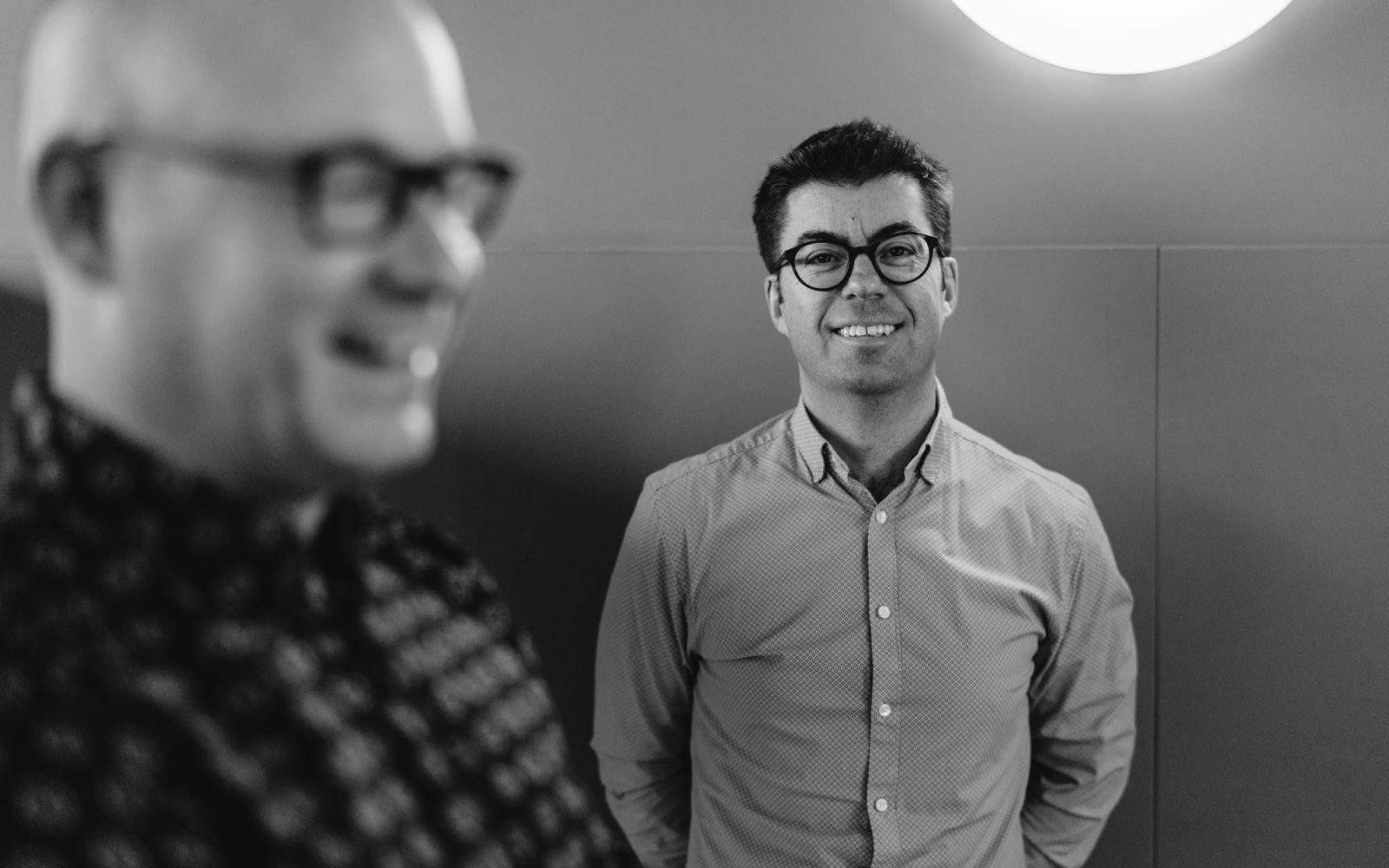Introduction
This is the second in a series where Headforwards Scrum Masters reveal insights into their role. Scrum Master. A lot has been written about agile methodology and the role of Scrum Master. Being a Scrum Master requires a wide range of interpersonal and facilitator skills. While there are a set of principles that Scrum Masters typically adhere to, everybody has their own take on the practice. We asked three of our own to talk about their focal points when practising the art of Scrum. Craig Girvan talks about his take on the role.
Series links
Secrets of a Scrum Master | Part One
You have to think like a psychologist
Psychology is the science of mind and behaviour. Group psychology in particular is very relevant to being a scrum master. You do not have to have a psychology degree but you do need to think like a psychologist. Be detached, be observant and aim to understand why people are acting the way they are. Look at the empirical evidence. Ultimately, the role of a scrum master is about bringing talented people together and enabling effective teams. This is down to human interaction and building trusting relationships. To make this happen, you have to have a high degree of observation and a keen interest in understanding people’s motivations.
Keep upping your game
Learning and continuous improvement should be at the heart of a Scrum Master’s approach. This includes consciously seeking out sources of new insights and knowledge – and using these fresh insights to challenge yourself and grow. So, for example, at Headforwards we organise sessions to explore and discuss great books like ‘Scrum Mastery. From Good to Great – Servant Leadership’ and we have given all scrum masters a subscription to Medium.com. This is to foster a culture of continuous learning and self-improvement.
Stay alert to change
Everything is changing all the time. What was true yesterday is already wrong today. Nothing stays still. There is no room for preconceptions, fixed opinions or closed minds. As situations and events change, you have to constantly adapt. But you can only do that if you are hyperalert to exactly what changes are happening and if you have a mindset which sees change as an opportunity not a threat.
Every situation and every individual is different, so you have to work hard to stay alert to subtle changes. This is especially true at Headforwards, where we love diversity and have incredibly diverse teams.
Discover the value of self-reflection
It is vital that a Scrum Master continually strives to learn from experience. But in order to learn from experience, you need to have the ability to detach and objectively observe and consider your own behaviours and actions. This is easier said than done. However, it is only through this kind of self- reflection that you can learn from experience. A Scrum Master should habitually ask themselves questions such as: Could I have handled that situation better? What would have been the outcome if I had acted in a different way? Why did I do that? What can I learn from that experience which means I can be more effective next time?

See everyone as a human being, not just a co-worker
Teams are made up of human beings, with all the complex issues we all have to deal with in our everyday lives – sometimes joyous, sometimes stressful or traumatic. Work is only part of the whole for anyone. And you can only really get the best out of someone in a work environment if you are also conscious of and sensitive to the myriad of other factors that may be influencing them or having an impact on their performance. Allow the humans to come to work, not just the professional facade. As a Scrum Master you should take an interest in the whole person, not only their work persona. A Scrum Master should see their role as helping everyone in their team to live their best life – not just deliver work. That way, they will bring out the best in everyone.
It’s not about you
The art of a good scrum master is to do themselves out of a job. It is about being the catalyst that empowers your team to perform at its best. There is no place for ego. Do not fall into the trap of telling people what to do. Ask open-ended questions. Encourage people to think for themselves.
Assume good intent
The vast majority of people have good intentions– but communications are fallible. It is always far too easy to misinterpret what someone means and see it as being negative, critical or threatening, when in fact that was not what they intended. This is especially true in communications such as texts and emails. One simple way of avoiding this trap is to always assume that someone has positive intentions in what they are saying or doing. OK, they may not be executing it in the best possible way – but if you remind yourself that their intentions are good, this will stop you going off on a negative spiral and it will mean that you can focus on the positive.
